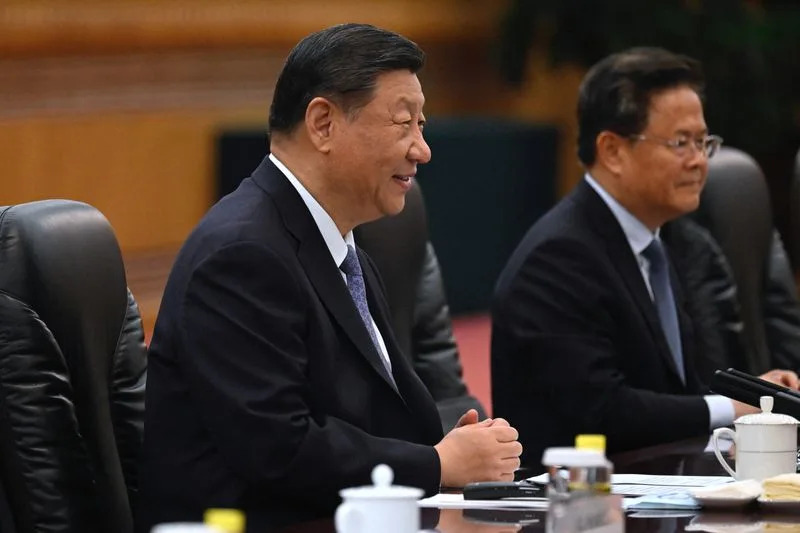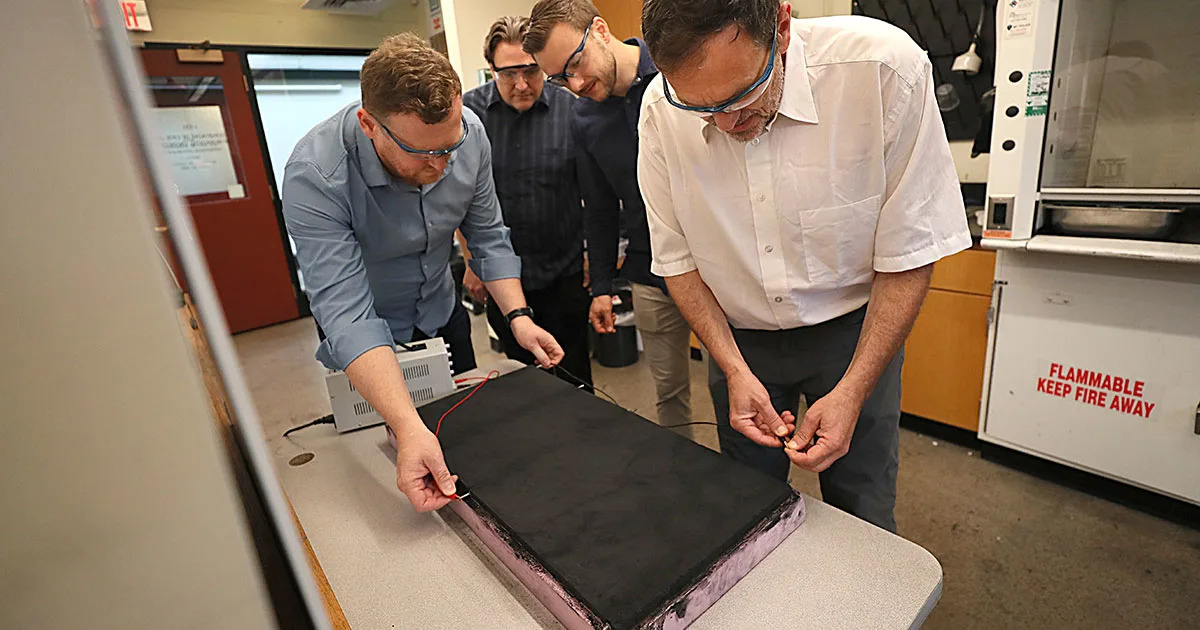
Chinese President Xi Jinping meets with Brazil's Vice President Geraldo Alckmin ·Reuters
BEIJING (Reuters) - China's President Xi Jinping has vowed to foster a globally competitive open environment for scientific and technological innovations, and expand international exchanges and cooperation, state media reported on Tuesday.
The comments come at a time when the world's second-biggest economy is trying to nurture new growth drivers, in its bid to restore business confidence after protracted weakness in its property industry.
Speaking at the fifth meeting of the Chinese Communist Party's Central Commission for Comprehensively Deepening Reforms, Xi pledged to build an open climate for tech innovation, state media CCTV said.
"[We] should continuously improve the scientific and technological security system and risk prevention mechanism, and consolidate the bottom line of security in an open environment," CCTV said, citing the meeting.
Guidelines for improving the income guarantee mechanism for farmers and developing "modern corporates with Chinese characteristics" were also approved at the meeting.
China will stabilise grain production and ensure food security, CCTV reported, citing the meeting.
The ruling Communist Party's central committee will gather in July for a key meeting known as a plenum, the third since the body of elite decision makers was elected in 2022, focusing on reforms amid "challenges" at home and abroad.
(Reporting by Ellen Zhang, Amy Lv and Kevin Yao; Editing by Andrew Heavens and Shinjini Ganguli)
